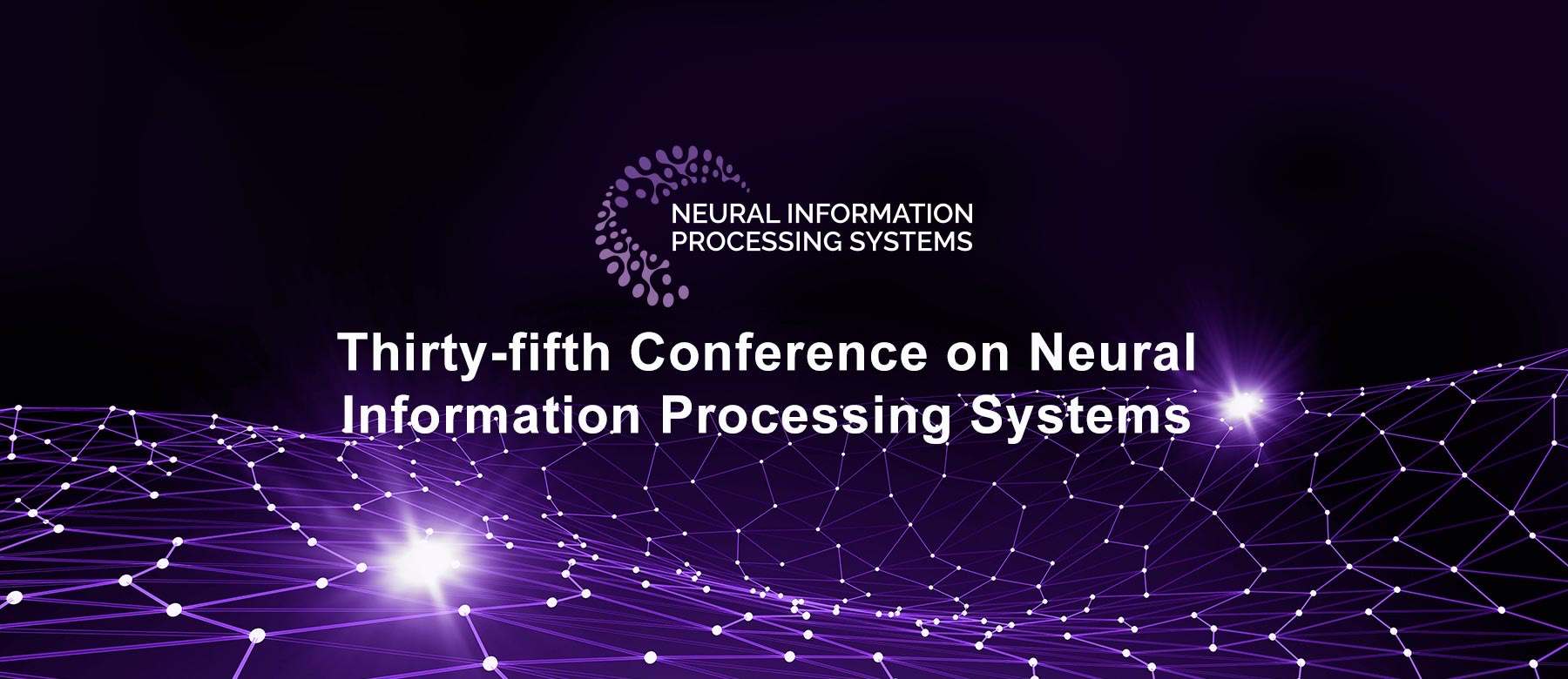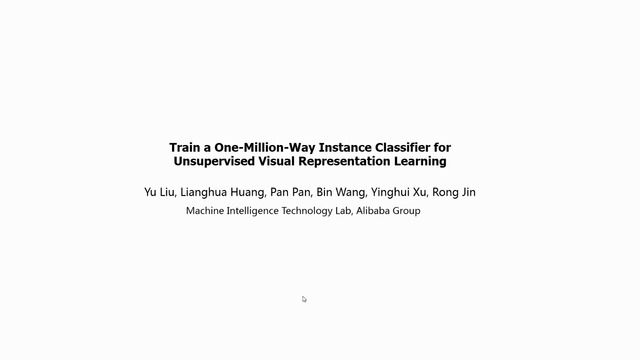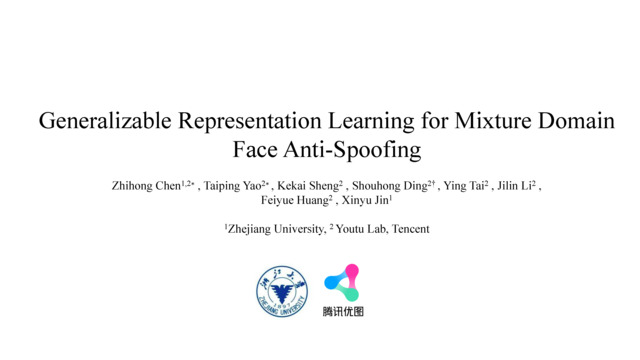Abstract:
Mainstream approaches for unsupervised domain adaptation (UDA) learn domain-invariant representations to narrow the domain shift, which are empirically effective but theoretically challenged by the hardness or impossibility theorems. Recently, self-training has been gaining momentum in UDA, which exploits unlabeled target data by training with target pseudo-labels. However, as corroborated in this work, under distributional shift, the pseudo-labels can be unreliable in terms of their large discrepancy from target ground truth. In this paper, we propose Cycle Self-Training (CST), a principled self-training algorithm that explicitly enforces pseudo-labels to generalize across domains. CST cycles between a forward step and a reverse step until convergence. In the forward step, CST generates target pseudo-labels with a source-trained classifier. In the reverse step, CST trains a target classifier using target pseudo-labels, and then updates the shared representations to make the target classifier perform well on the source data. We introduce the Tsallis entropy as a confidence-friendly regularization to improve the quality of target pseudo-labels. We analyze CST theoretically under realistic assumptions, and provide hard cases where CST recovers target ground truth, while both invariant feature learning and vanilla self-training fail. Empirical results indicate that CST significantly improves over the state-of-the-arts on visual recognition and sentiment analysis benchmarks.









































